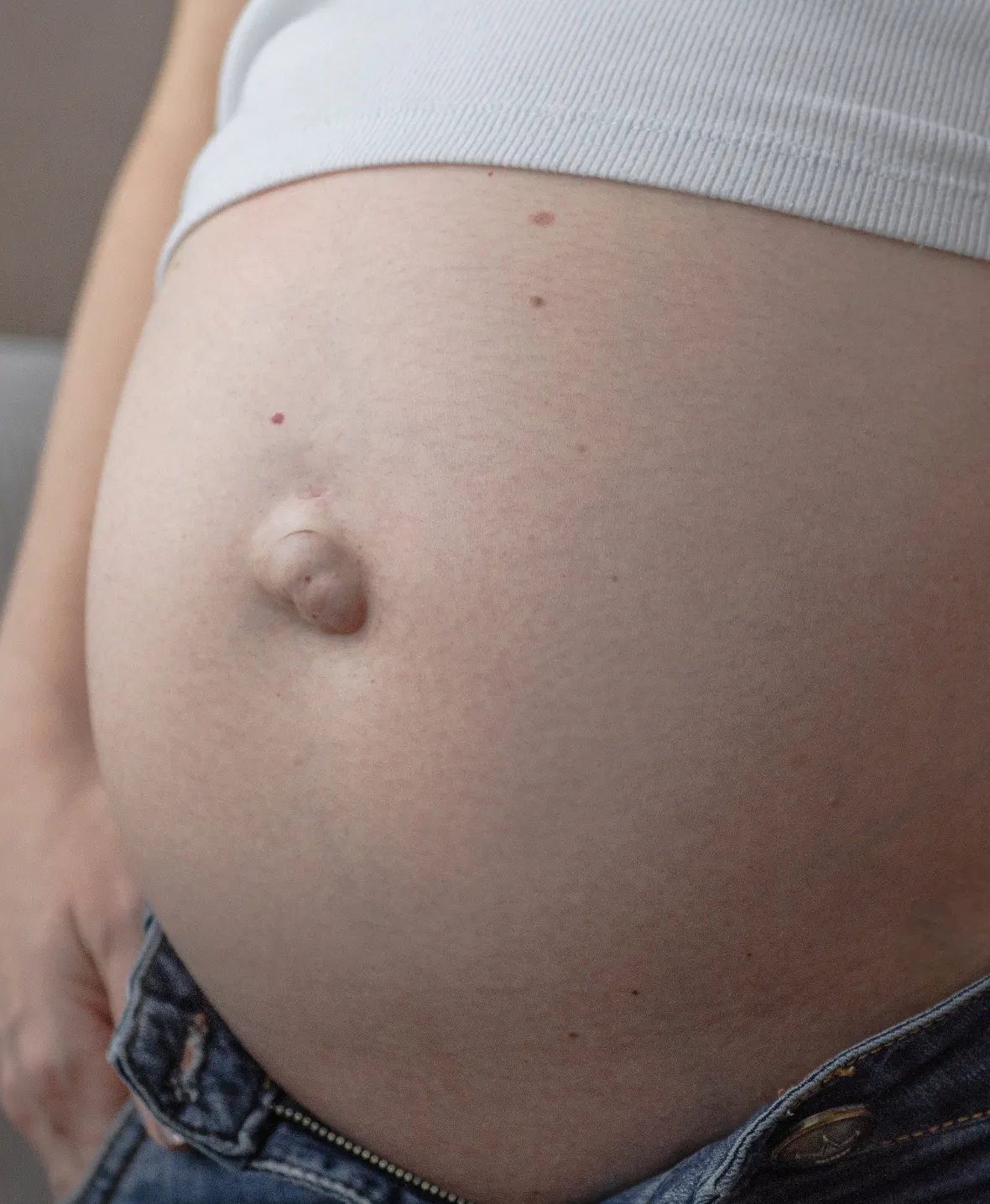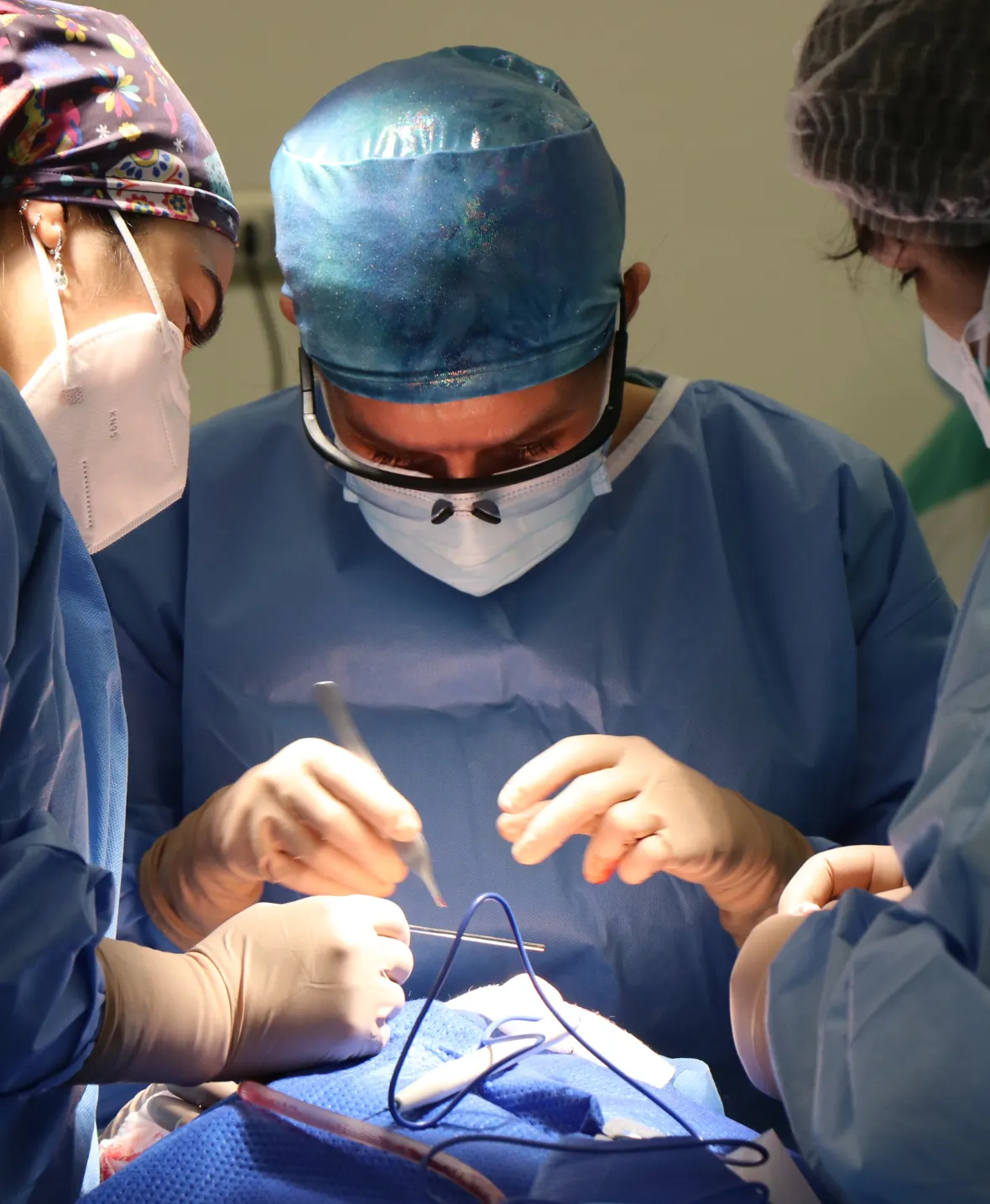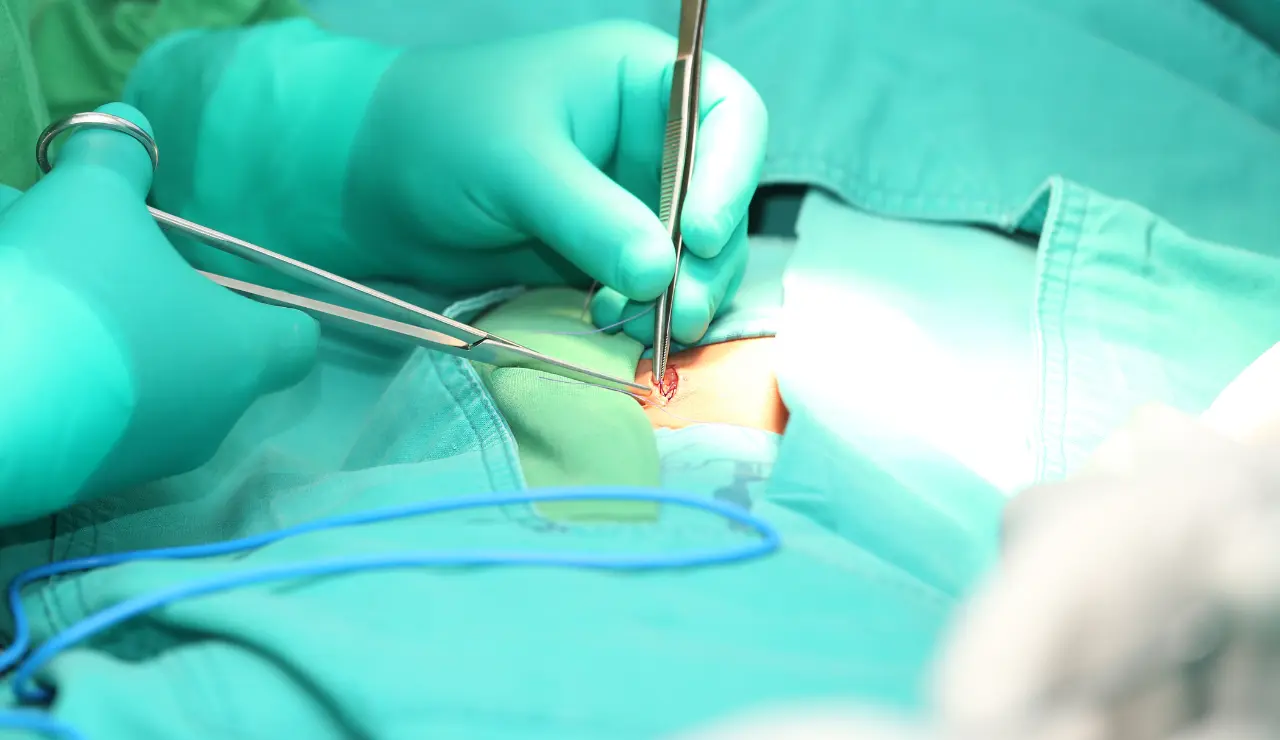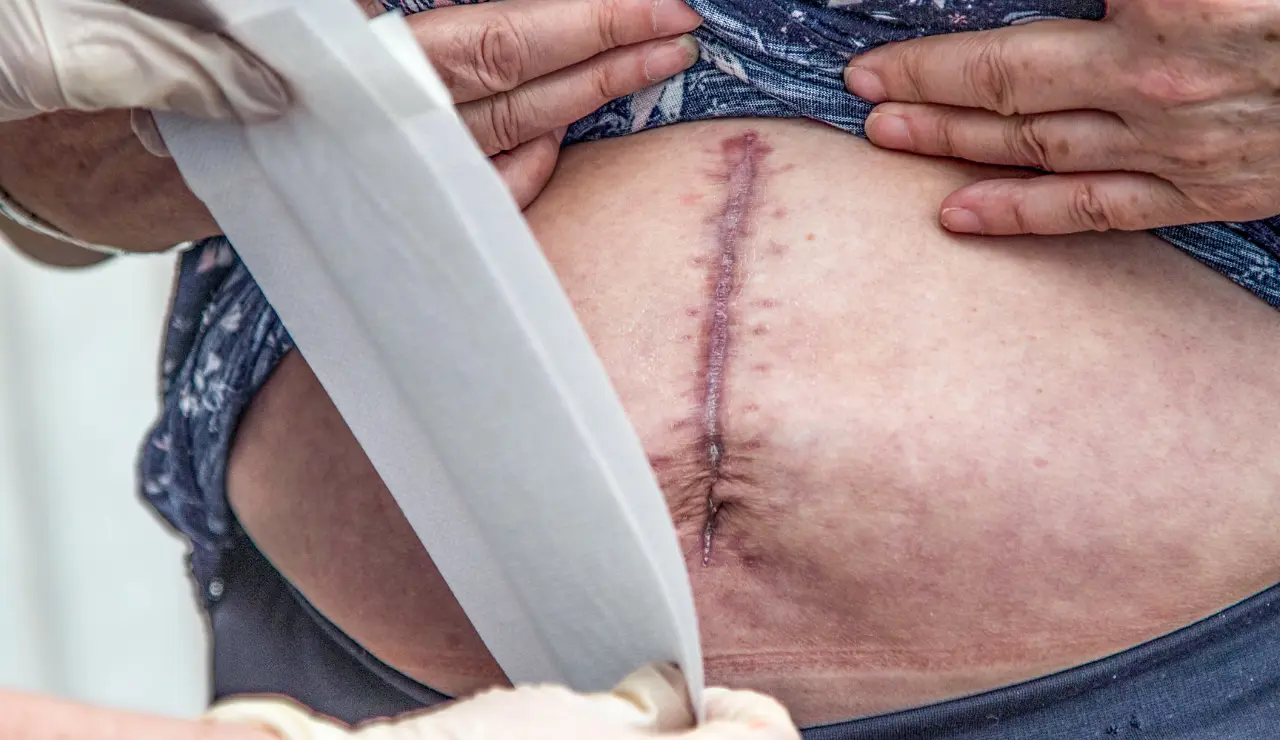A hernia occurs when an organ or tissue pushes through a weak spot in the surrounding muscle or connective tissue. It can develop in different areas of the body, most commonly in the abdomen or groin. While some hernias cause no symptoms, others may lead to discomfort, pain, or complications if left untreated. At London Harley Street Clinics, our expert surgeons provide both minimally invasive and traditional surgical solutions to effectively repair hernias and restore strength to the affected area.











